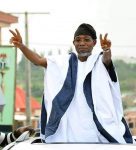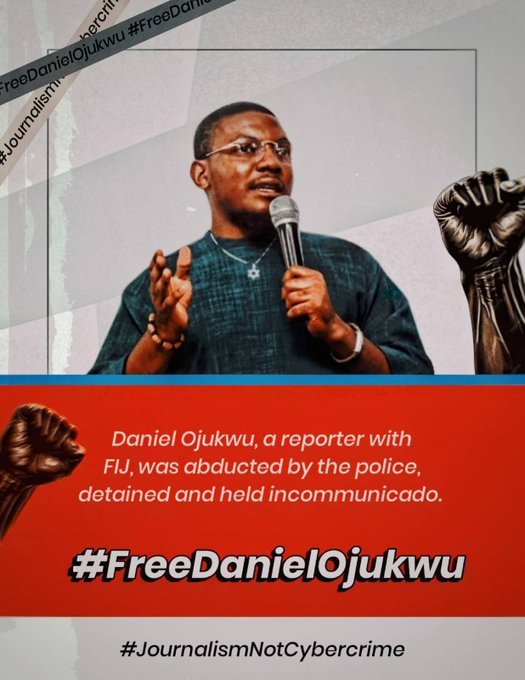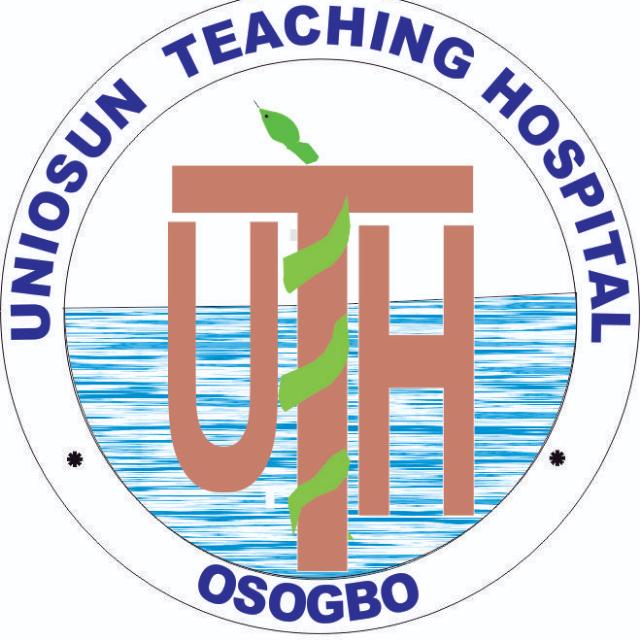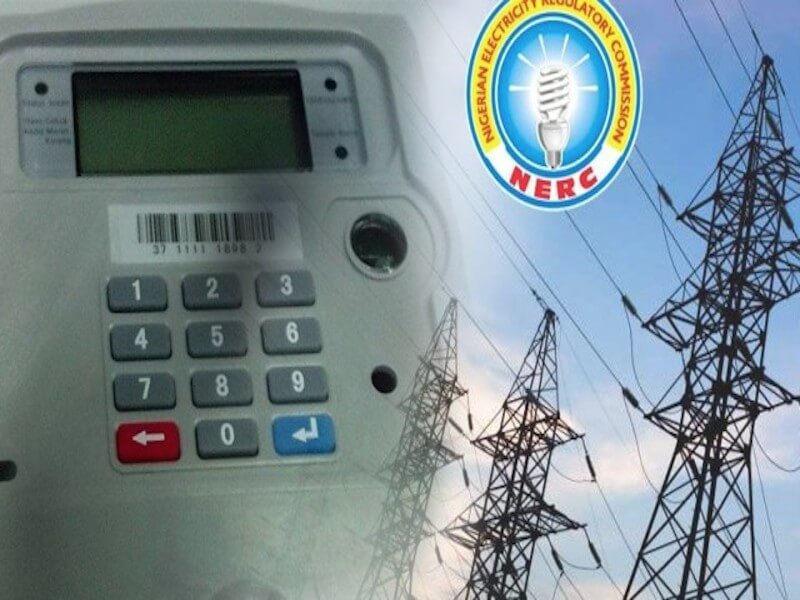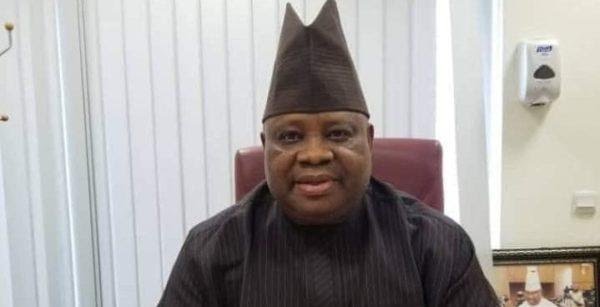The Discourse: Nigeria’s Democratic Experience So Far
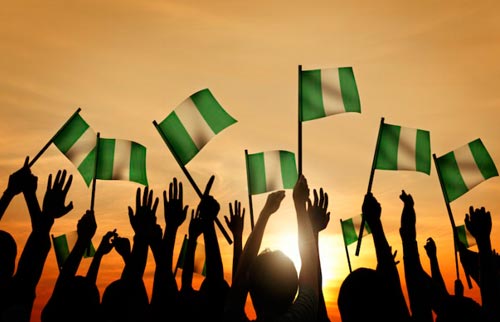

By Murtala Agboola
RECENTLY at his presidential library in Abeokuta, the former President of Nigeria, Chief Olusegun Obasanjo, toyed with the idea of AFRO DEMOCRACY. According to him, the democracy as universally understood was imported into Africa, hence there is the need to have our home-grown democracy. He admitted that there are very few benefits accruable to majority of the people from the current system, hence the need for a change. Further elucidation was not made, so it is assumed that may be academics, lawyers or social scientists would take it up from there. Or better still, the practitioners (politicians) will propound a theory to justify it.
However, it is my view that a better understanding of what democracy is should be revisited to give a better understanding of the issues involved before situating our local experiences in Nigeria nay Africa. This will enable us to arrive at a fair and a better conclusion.
The word democracy as it is known today originated from Greece where it was coined from(demo)people and (kratia) rule of, which simply translate to rule of the people. In the Greek city-states, the societies were small and the population limited, hence everyone converged at a commonplace to take decisions that affected the society.
With development and complexity, it became practically impossible for all to converge, so those who did, elect from among themselves, ensure that those who are elected represent the interest of all. This is how indirect or representative democracy as we know it today emerged. It is also commonly referred to as liberal democracy.
The Greek system was christened classical or direct democracy.
Yes, no human system is perfect but compared with other systems, liberal democracy is embraced by most countries.
Some of the good attributes of the system include periodic elections, freedom of choice, plurality of political parties and rule of law. Others are Universal Adult Suffrage, Fundamental Human Rights, Free and Fair elections, among others. Indeed what the expression “Dividend of Democracy” connotes is the ability of the voters to elect a government of their choice and also to express their views within the ambit of the law, contrary to the popular opinion of construction of roads, schools, hospitals, etc. This is so because even in autocratic regimes, constructions take place.
Simply put, in a democracy, majority must have their way while the minority must have their say. The rights of the minority must be protected. This does not mean that democracy is not without its shortcomings.
Two salient challenges come to the fore. The system does not guarantee that the best candidate wins but it ensures the popular candidate does. Democracy is also expensive.
At this juncture, it is important to reiterate the fact that there is no one-system-fits all democracy but each country considers her history, peculiarities, antecedents and culture.
At independence in 1960, Nigeria inherited the cabinet or the parliamentary system from the colonial masters, Britain. The system which had been practised in Britain since 18th century lasted only six years in Nigeria when the five Majors, led by Chukwuma Kaduna Nzeogwu toppled the government and assassinated top government officials, including the Prime Minister, Sir Abubakar Tafawa Balewa; Northern Premier, Ahmadu Bello; Western Premier, Ladoke Akintola, among others. Some of the reasons advanced were nepotism, corruption, maladministration and political crises especially in the Western Region.
The military interregnum lasted for 13 years after which the General Murtala Mohammed initiated and General Olusegun Obasanjo accomplished transition programme returned the country to civil rule in 1979 with the presidential system.
The Second Republic operated for just four years before the army struck again. The army was in the saddle for another 16 years before the fourth republic came into being in 1999 with the election of President Olusegun Obasanjo. Good enough, power has stabilised since then with power changing hands peacefully. Before the election of President Bola Tinubu this year, the Peoples Democratic Party had ruled Nigeria for 16 years consecutively while the All Progressives Congress did same for eight years. President Tinubu is of APC. It is worthy of note that in 2015, APC candidate Muhammad Buhari defeated the then incumbent President, Goodluck Jonathan.
It must also be noted that diarchy was practised under the military President, General Ibrahim Babaginda in 1993, when elections took place at all levels except the presidency, hence the reference to the abortive third republic. The phraseology “abortive third republic” is used to indicate the fact that the final results of the 1993 presidential election was not announced and the presumed winner, Chief Moshood Abiola not inaugurated.
OUR EXPERIENCE SO FAR
How have Nigerians fared under democracy, especially since 1999 starting from elections to the welfare of the citizenry?
Our elections continued to be marred by irregularities, intimidation, hijacking of ballot boxes, alteration of election results, among others. Unfortunately, maiming and killing has become part of our election process. Even with technology, we are still far from where we should be. There is a marginal improvement, one may say, but we are still very far away.
My view is that for an enduring solution to these challenges, we need to look at these problems holistically. To me, the causative factors are impunity caused by desperate politicians who want to win elections at all cost, but who cannot be sanctioned for infractions caused during elections. Some voters too are ready to be made sacrificial lambs to satisfy their paymasters. Some lose their lives in the process. The election management body has some elements who compromise the integrity of the independence of the Independent National Electoral Commission. It is sad that some academics drafted to assist the body to ensure free and fair elections have compromised and have become culpable in the atrocities of INEC. Ditto for some security officials who believe that election time is a bonanza, that they must partake to make maximum gains. Some voters also take gratification before voting. Election results are so contentious that rather than the ballot boxes, the courts have become the determinant factor of our elections.
Today, many Nigerians are groaning, a lot more are wallowing in poverty. These people and others see democracy as being too expensive. The cost of governance has not escape the prying eyes of people. The salary and emoluments of public officials in these trying times is baffling to say the least. The vehicle and furniture allowances in an economy that is in a dire-straits has not escape the attention of critical minds.
Some discerning minds have criticised the fuel consumption used by government officials in convoys but which are borne by the state. At the Government Houses, all expenditures are taken by the public whereas in the United States of America where we copied the system from, according to a former First Lady, Mrs Michelle Obama, in a video that went viral on the social media, the first family picked their bills at the end of every month except rent and staff while they sojourned in the White House. In the presidential system we copied from the US, the parliament plays a crucial role in checking the excesses of the executives, but it is not so in Nigeria. This, some Nigerians posit, is so because the legislatures are in the control of the executives. Some well-meaning Nigerians are of the view that eternal vigilance is of essence. This means we should not end our civic duty by voting alone but must be interested in what goes on in government. There is a clarion call on civil society groups, professional bodies and patriotic individuals to stand up to be counted.
The local government elections at the sub-national here is a charade. This is so because the party in power always win landslide. Election like a football contest must have elements of suspense till the final result emerges.
There is a serious disconnect between the electorate and the elected leaders. The only time there is a semblance of connectivity is during electioneering campaigns after which the elected leaders switch off. This is why some voters prefer to use the opportunity to extort money from aspirants and candidates. This is, however, not to justify it.
WHERE IS THE JUSTIFICATION FOR AFRO DEMOCRACY?
The ex-President, Obasanjo is eminently qualified to formulate or propound any theory but before we take any step in that direction, we should reflect on our past experiences and relate it with other systems.
As a country, we practised different types of monarchical system during the pre-colonial period. The only right to rule is the accident of birth into the royal family. May be, we should adopt that system because we practiced it before the advent of colonial rule. It is purely homegrown.
Of course, there are other variants of oligarchy, which is government by the few. It is plutocracy, if it is government by the rich few, aristocracy by few philosopher kings, military rule by the soldiers who take power through coup.
Yes, I agree with the former president that the voters have been shortchanged, but for want of a better term, I prefer to call what we practice now, Elitocracy. This is government of the elite by the elite and for the elite. To me, unlike what our statesman posit, the problem is with us as elected public officials, politicians and a people. This simply means that even if we propound any theory, homegrown or otherwise and we do not change our attitude, the results will be the same. Afterall, did a philosopher not say, “you cannot do the same thing the same way and expect different result.”
In conclusion, this quote by William Shakespeare in Julius Caessar is apt; “The fault, dear Brutus, is not in our stars, But in ourselves, that we are underlings”.
- The opinions expressed in this publication are those of the author. They do not represent the opinions or views of OSUN DEFENDER.



